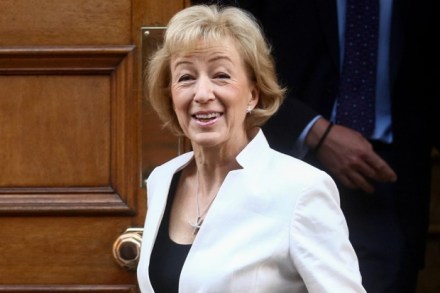MPs must stop indulging their bizarre Andrea Leadsom fantasy
A specific nightmare keeps occurring to me. It is an episode of Prime Minister’s Questions in which Jeremy Corbyn and Andrea Leadsom face each other across the dispatch boxes. Unlike most of the world, including most of the Conservative party, I had heard of Andrea Leadsom before a week last Friday – indeed had spent some time with her – and already knew her to be that type of incurious matron to whom the Tory party is liable to be attracted. Back then it never occurred to me that she could make it further than MP. But I had failed to take into account the malice of fate and the fact




















